- The Laboratory
- Organization
- Departments
- Jobs
- Analysis book
- Contact
- News
- Publications
- Download


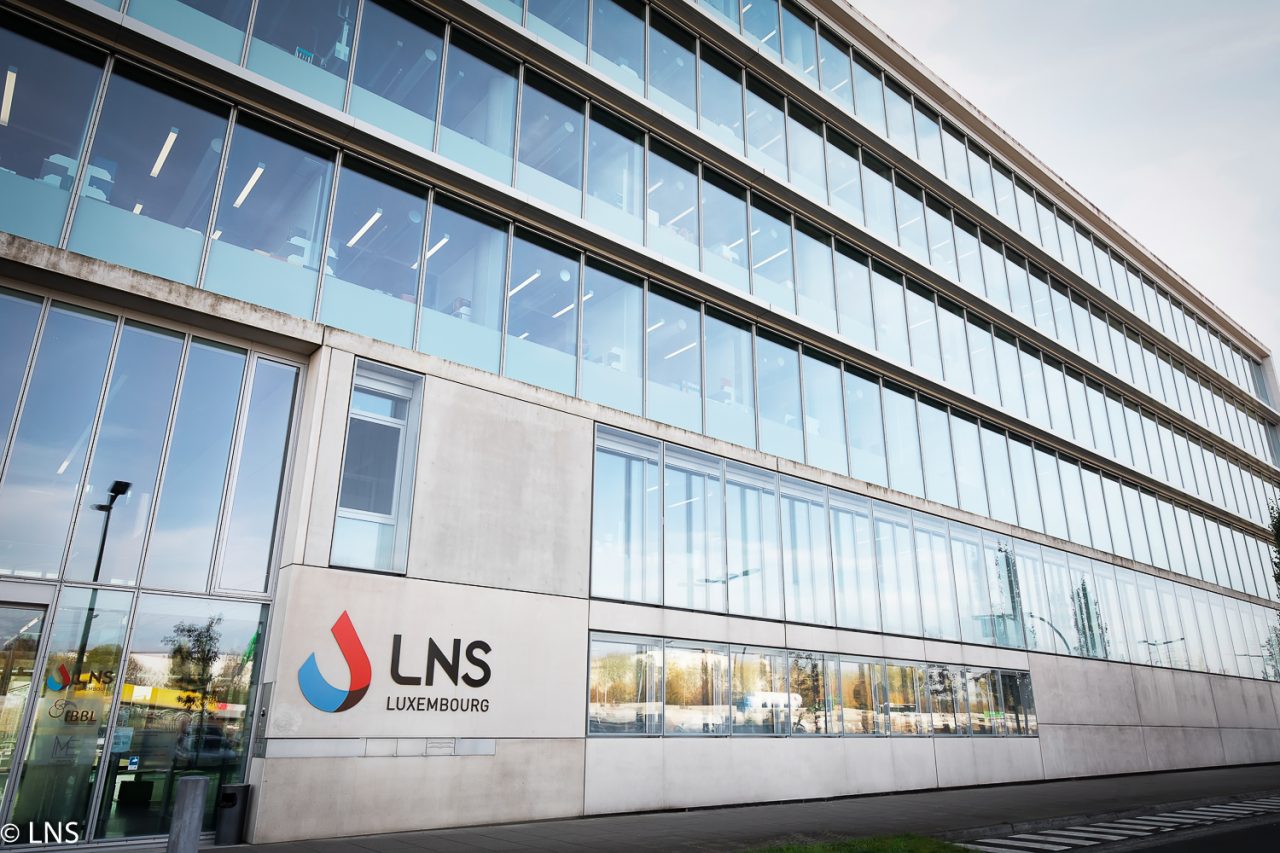
Over the past five years, the Laboratoire national de santé has established itself as a practical pillar of excellence in the health sector
Turning a good organisation into a player of excellence in Luxembourg’s healthcare system: With this ambition, Prof. Dr Friedrich Mühlschlegel took over management of the Laboratoire national de santé (LNS) on 1 February 2017. Over the past five years, he has succeeded in doing so together with his team, which now numbers almost 400 – despite, or sometimes because of, corona.
“When I first landed in Luxembourg in February 2017, the world was very much a different place, especially in the health sector. Given our current state of play, I think that it would therefore be apt to divide our first five years into two phases, namely the three years before the pandemic, and the two years since,” says Friedrich Mühlschlegel, looking back. “By the beginning of 2020, we had developed and implemented our sustainable value system, amongst other things, which has served as the foundations for our daily work and has proven its worth, especially during the pandemic.”
“Together LNS”: The name of the value system: a broad programme
| “Together LNS” is the name of said value system, and it was clear from the get-go that it was more than just a system, but a programme, Friedrich Mühlschlegel continues: “It is about co-creating something together that we can all be proud of. This is why we redefined the essence of the LNS, within the framework of an open, dialogue-orientated team approach. We of course focus on the end result, because if we truly want to create a value system that will stand the test of time, it needs to be implemented by each individual.”
|
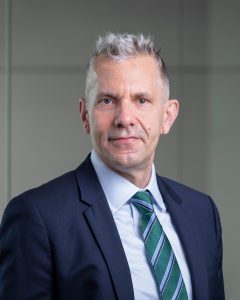 Prof. Dr Friedrich Mühlschlegel |
“Together LNS” is built on the six pillars of trust, teamwork, professionalism, respect, transparency and excellence. Friedrich Mühlschlegel also embodies these every day, and expects the same from every team member, with good reason: “Each individual value has its fundamental importance for our joint success, and together they form a binding course of action for each of us as a team. This then leads to sustainable change which always starts in the inner workings of an organisation.”
Excellent interaction between people and technology
The latter applies all the more to an organisation of the importance or structure of the LNS, Friedrich Mühlschlegel continues: “As the main pillar of Luxembourg’s health system, our work has a decisive impact on the well-being of the people in the country as well as in the Greater Region. For this, we need particularly versatile expertise, an excellent team of highly motivated and responsible specialists. This is another reason why we are actively involved in the training of medical doctors at the University of Luxembourg, where several LNS experts are lecturers.”
The other essential role is played by technical equipment, in which Friedrich Mühlschlegel sees the twin of his team’s competences: “Health is also a technological issue. Digital medicine has long been a reality in many domains, and without modern analytical equipment there would be no modern genetics, for example. People and technology act hand in hand here, making concrete contributions to the long-term well-being of the population in and around Luxembourg. We see this as our mission as the LNS.”
New services for patients created, existing ones further improved
This mission is consistently lived and successively developed at the LNS, and it has contributed to some significant improvements in the past five years, as Friedrich Mühlschlegel points out: “As the LNS, we have on the one hand succeeded in creating completely new things; on the other hand, we have improved existing things or given life to initiatives that had been milling in the pipeline a long time. Prior to 2017, almost half of the histopathological examinations were outsourced, and the picture has changed completely. Furthermore, we have brought internationally recognised clinical genetics expertise to Luxembourg and thus contributed to a quantum leap in the healthcare system. Our medical biology department is specifically working on a project to define synergies between hospital laboratories in order to make the corresponding processes much more efficient. And at the end of 2021, together with the Centre Hospitalier Emile Mayrisch (CHEM) and the University of Luxembourg, we launched a national programme on environmental medicine that had been planned since the turn of the millennium.
Creating the ideal framework conditions for medical excellence
Accomplishing this mission is only possible with the right framework conditions, and success in this regard lays in the hands of Thomas Wegner and his team. As COO, he is in charge of the Administration, Finance and Support Services Department. In concrete terms, this means that he pulls the strings around human resources, IT, facility management and finance and sets the stage, so to speak, for the top performance of the six medical departments.
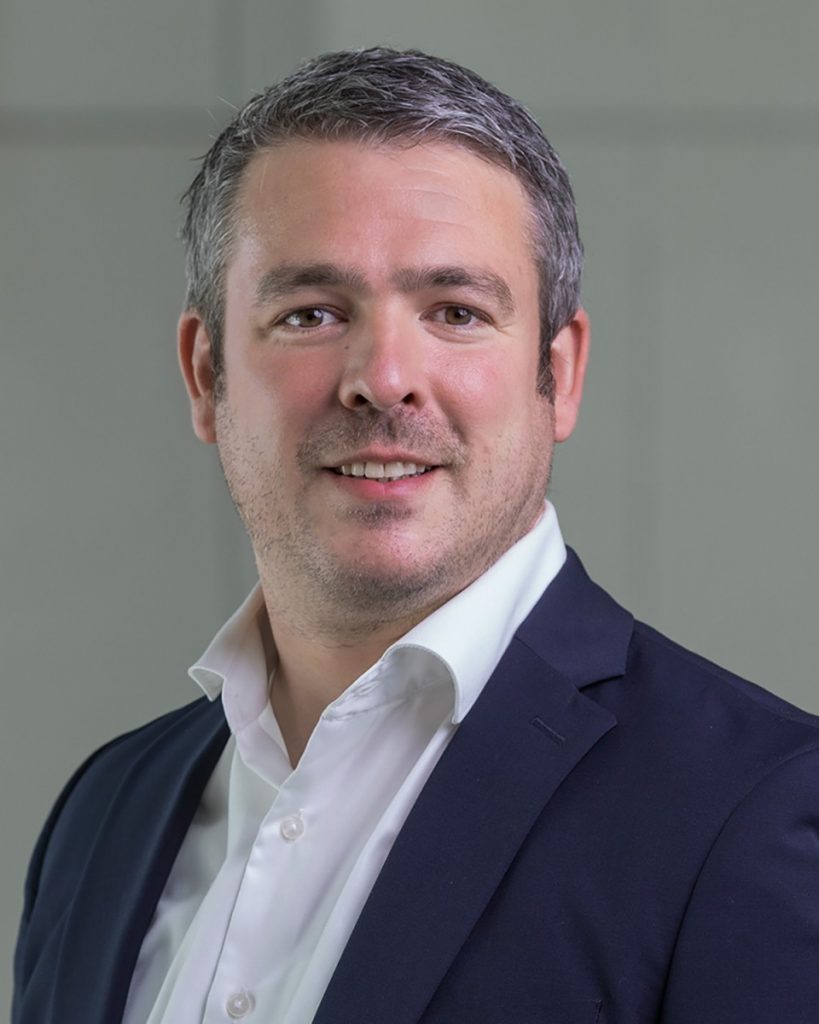 Thomas Wegner |
In the past five years, this stage has also visibly expanded outwards, as Thomas Wegner explains: “With the commissioning of the extension building in October 2017, we have gained significantly more space, although we currently already have to think about another extension.” The latter is due not least to the number of employees, which has risen steadily since then: “In 2017, around 240 people worked at the LNS. This year we expect to exceed the 400 mark.” |
The continuously growing number of employees goes hand in hand with an equally continuous technological push for excellence in IT equipment. Thomas Wegner: “The past few years have also been marked by digitisation at the LNS. IT has become a catalyst for excellence. For example, with various e-medicine initiatives, both before and during the Covid-19 pandemic, we have sustainably improved numerous processes. It also helped that we were able to tap into new sources of funding, including through the establishment of the two National Centres of Genetics and Pathology, respectively, which each have hospital status.”
Patients in Luxembourg have access to state-of-the-art genetics
The National Centre of Genetics (NCG) was launched in its current form in 2018 and has continued to evolve in every way since then. The NCG’s mission is to provide patients in Luxembourg with full access to the possibilities of modern genetics. In addition to state-of-the-art technology, such as the latest-generation high-throughput sequencer that has been commissioned at the beginning of 2021, the interaction of different skills plays a key role in this.
“Doctors work hand in hand with molecular biologists and IT experts, using state-of-the-art technology,” Head of Center Prof. Dr Barbara Klink explains the team’s interdisciplinary approach. “In this way, we can cover both the clinical and the diagnostic part of human genetics and are close to the practice or the patient. The best example of this is our genetics consultation, which is becoming more and more popular and which we also offered in video-consultation format during the Covid-19 pandemic. In addition, we offer expectant parents a comprehensive range of services in the field of prenatal diagnostics, from non-invasive prenatal testing (NIPT), to invasive prenatal diagnostics, to human genetic counselling.”
| To ensure this development continues, the NCG is committed to promoting individual and complementary excellence. Barbara Klink: “We are also very specifically getting involved in the training of medical specialists. In addition, we expanded in 2021 the sequencing infrastructure created three years earlier with the Luxembourg Institute of Health (LIH) into a joint sequencing hub based at the NCG. With these measures, we also want to further establish ourselves as a centre of excellence around tumour diseases and rare diseases.” |
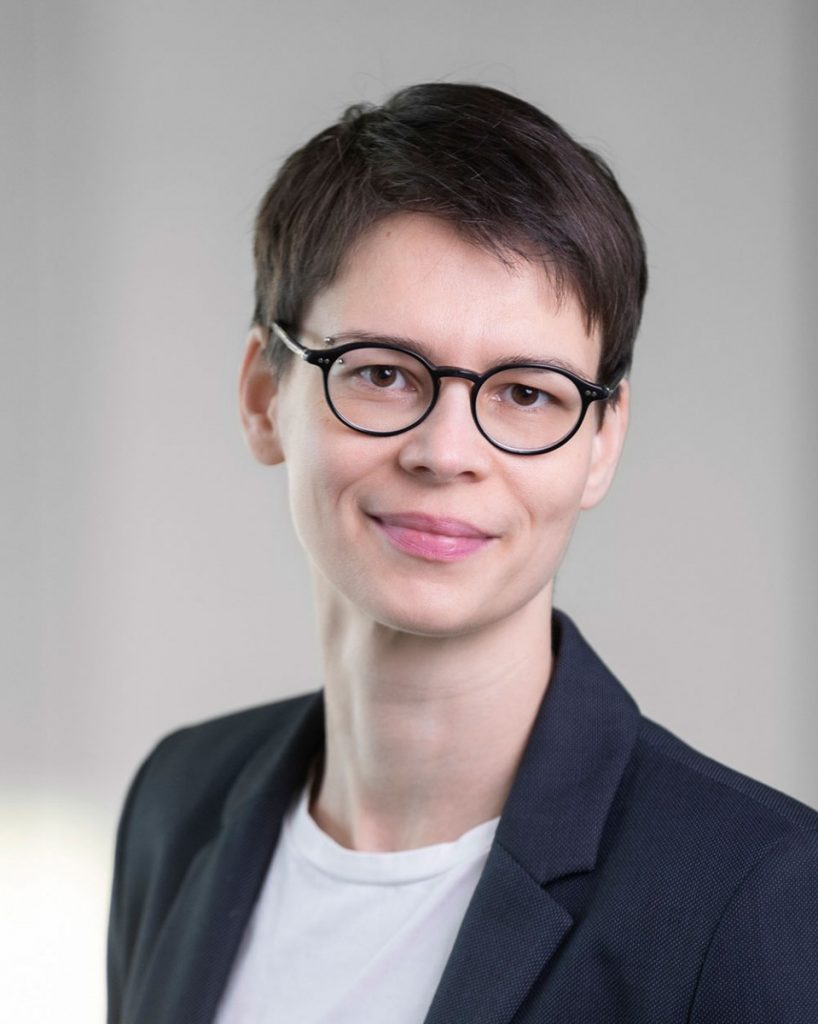 Prof. Dr Barbara Klink |
Bundled international expertise in the field of pathology
The National Centre of Pathology (NCP) is the largest department of the LNS and comprises two divisions. While the Gynaecological cytology service deals with the cytological and molecular screening of cervical cancer, the tasks of the Pathological anatomy service include the diagnosis of cancerous, inflammatory, malformative and degenerative diseases based on fluid and tissue analyses.
Both services have grown steadily in recent years, with the Gynaecological cytology service now having been fully ISO15189 certified for 10 years and the Pathological anatomy service having developed into an internationally visible state-of-the-art laboratory within a very short time. In addition to the professional subspecialisation, emphasis has also been placed on technical development, which is reflected, for example, in the establishment of a molecular pathology epigenetics platform and a correlative fluorescence and electron microscopy platform required for ultrastructural analyses.
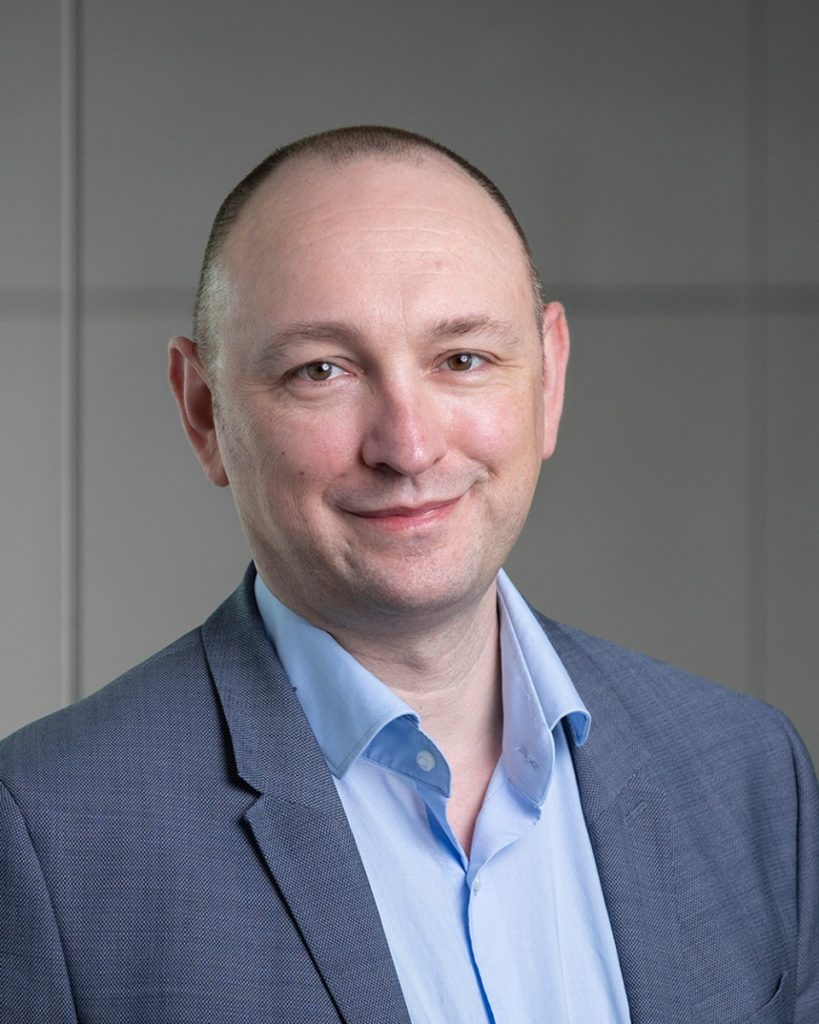 Prof. Dr Michel Mittelbronn |
“Our ambition is to offer our stakeholders state-of-the-art expertise in the field of pathology. This starts with advanced training courses and extends to multiple research projects that we have implemented together with national and international partners and published in international journals,” says Prof. Dr Michel Mittelbronn, Head of the NCP. In order to live up to this claim, a sustainable specialisation process was initiated in 2017, which specifically uses the respective potential of the individual team members: “Each of our pathologists uses the extensive expertise according to their training and experience for sustainable added value for patients, clinical colleagues and collaboration partners”. |
After numerous restructuring processes, all samples sent in since 2018 have been directly diagnosed at the NCP. In addition, the NCP team is represented in the vast majority of scientific working groups and interdisciplinary organ and tumour boards: “This has made Luxembourg a great deal more autonomous in terms of health,” says Prof. Dr Michel Mittelbronn.
Luxembourg’s forensic medicine expertise is also in demand abroad
Forensic medicine as a holistic department has existed at the LNS since April 2014. In the meantime, it has developed into a team of experts recognised beyond the country’s borders and a partner not only of the judiciary but also of a wider set of actors. In this sense, forensic medicine also makes a significant contribution to the general external image of the LNS as a modern and service-oriented institution in the service of society.
| This development has accelerated in the past five years, as Dr Thorsten Schwark emphasises on behalf of the head of the forensic medicine – which was not necessarily foreseeable: “At the beginning, our team consisted of 25 employees in the various disciplines of forensic medicine. This team continued to expand and the field of activity grew with the number of employees,” adds Dr Andreas Schuff, Head of Department. Today, the core activities include the classical areas of forensic medicine (autopsies, clinical forensic medicine and age estimations), the broad field of forensic toxicology as well as forensic molecular biology (DNA), furthermore, expert activities in court as well as participation in the training and further education of a number of players including but not limited to, police officers, the judicial authorities, and paramedics. “While in the past many forensic medical tasks were outsourced abroad, today we are also in demand as experts throughout Europe.” |
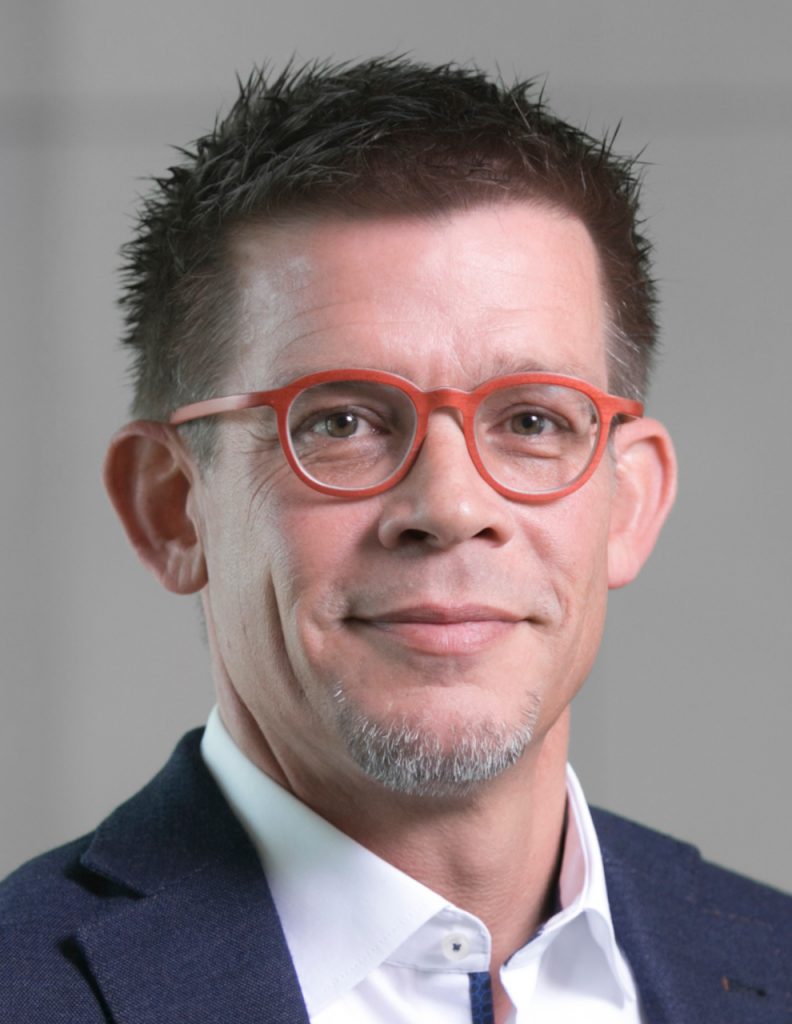 Dr Andreas Schuff |
Another recent focus has been on research activities, says Thorsten Schwark: “In the last three years, we have contributed to new findings around the topic of drug abuse. For example, we participated in an international study that investigated drug use based on wastewater analyses. As part of a national cooperative venture, we analysed the increased danger posed by new types of heroin preparations. In general, we have succeeded in optimising our internal processes so that we have more capacities for research activities. And we use these in a targeted manner and in the interest of the country and its people.”
Medical Biology experts provide the national reference in many areas
The Department of Medical Biology is a permanent fixture at the LNS and is particularly versatile. Its tasks range from the prevention of diseases through neo- and prenatal screening, to the treatment of diseases through specific analyses, via the detection of drug addiction or the evaluation of drug treatments. With its medical biology department, the LNS gives the Luxembourg healthcare system – and hence the population – access to biochemical, endocrinology and toxicological examinations at the highest level.
In this context, the medical biology experts provide the reference procedures for the entire country in many areas, as Head of Department Dr pharm., Dr sc. Patricia Borde emphasises: “Our reference expertise has for some time included radioimmunology, chromatography, infrared spectroscopy and mass spectrometry. In the latter, we once again significantly expanded the spectrum of analyses in 2021. In addition, last year we gained accreditation for cannabis determination in urine, and, at the request of the Luxembourg intensive care physicians, we began developing antibiotic determination for intensive care patients. Moreover, we already conduct out neonatal screening for all newborn in Luxembourg to identify five rare and treatable diseases, and we are confident that we will be able to add even more diseases in the coming months, thanks to our participation in the Plan National Maladies Rares (PNMR).
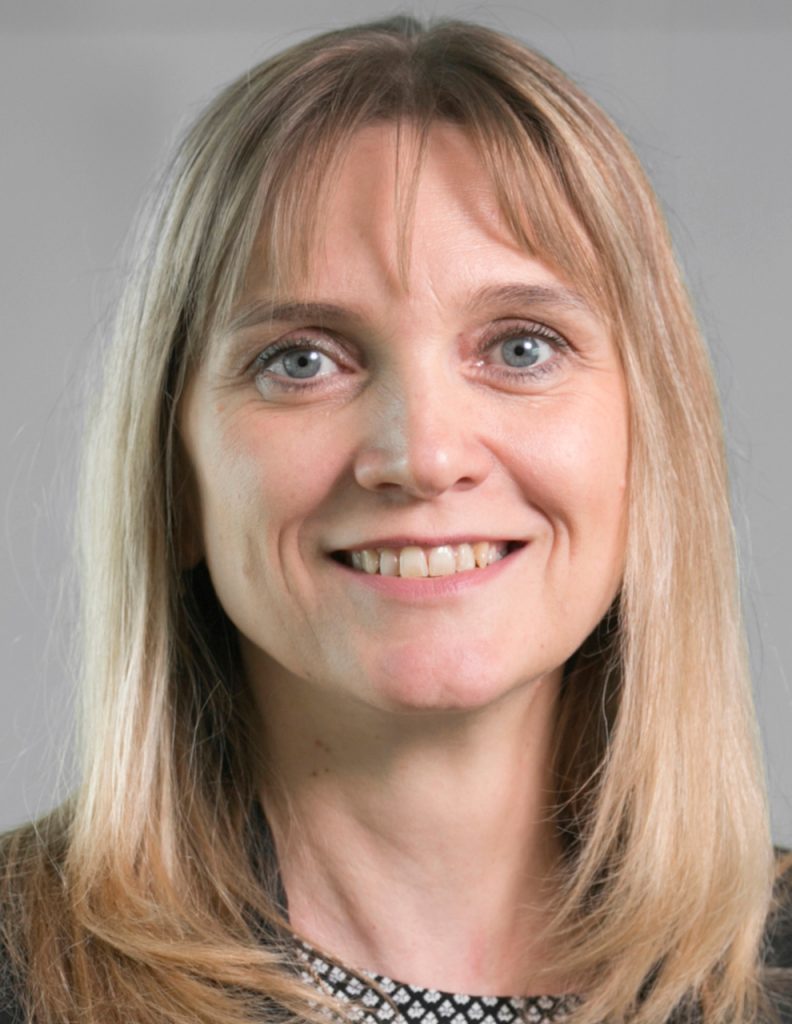 Dr Pharm., Dr sc. Patricia Borde |
According to Patricia Borde, these latest developments are also the result of a sustainable vision that consciously includes the research element in the overall strategy of the LNS: “We as a department have free rein when it comes to creating innovation at the clinical activities/research interface. And of course, our values also help us to break new ground as a team and to communicate this internally as well as externally.” |
Targeted Health Protection services with a spirit of innovation and research
The Department of Health Protection has undergone a sustainable restructuring in recent years. On the one hand, the two existing services – Food monitoring and Environmental hygiene and human biological monitoring – were reshuffled and expanded. On the other hand, MEDI (Medical Expertise and Data Intelligence) was added as a new service.
| “When it comes to food monitoring, we are the national reference laboratory in numerous areas of the human food control, and we are a permanent fixture in and around Luxembourg,” says Head of Department Prof. Dr. An Van Nieuwenhuyse. “We have further strengthened this role, by expanding our range of investigations. This has also enabled us to further collaborate with clients in the Greater Region, which shows: While we used to outsource a substantial part of the analyses in earlier years, it is now our expertise that is in demand beyond the borders. With Dr sc. Gilbert Moris retiring last year, Dr sc. Claude Schummer and Dr sc. Justine Pincemaille are now leading our great team of motivated and highly skilled technicians in the service.” |
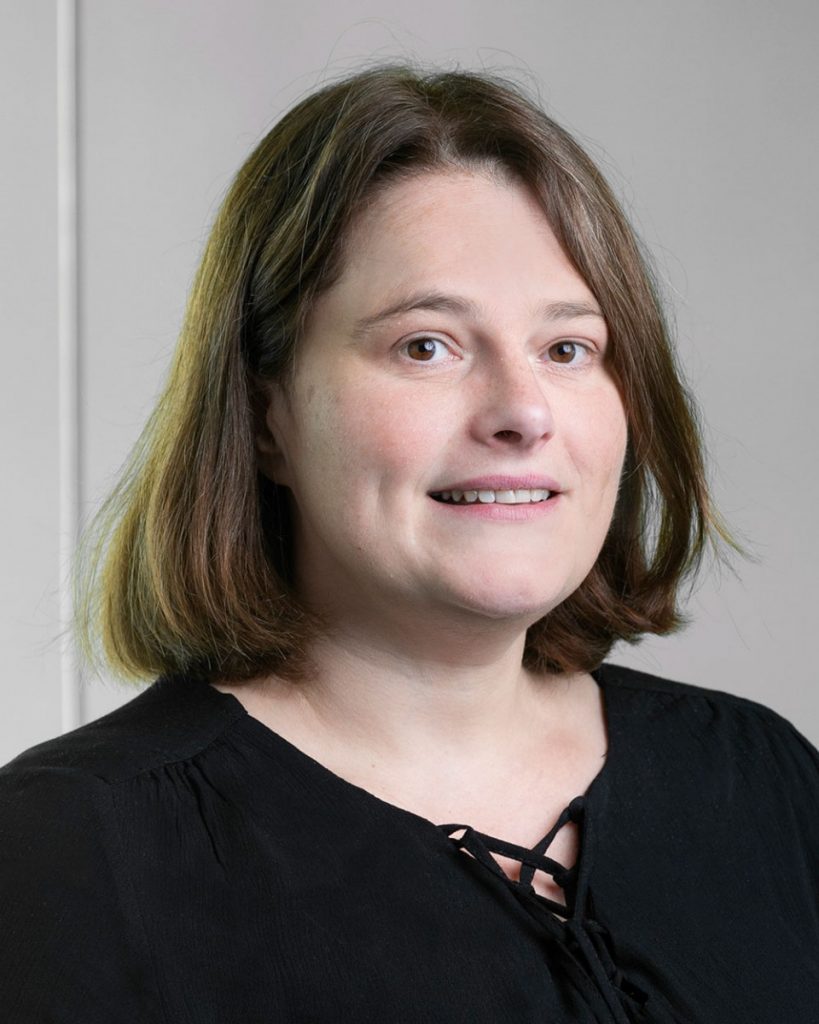 Prof. Dr. An Van Nieuwenhuyse |
In 2019, the main focus was on reorienting the entire Environmental hygiene and human biological monitoring service in function of the needs of the stakeholders, continues An Van Nieuwenhuyse. “The service, which analyses chemical substances in the indoor environment of private houses, offices and public buildings as well as in workplaces, is now headed by Dr Radu Duca, an internationally renowned expert. Radu Duca and his team will in a next step also analyse mould presence in indoor environments. They also directly measure the concentrations of hazardous chemical substances, or their metabolites, in the human body. Historically, the LNS has a long track record in the biological monitoring of heavy metals, and we are now adding organic compounds to this offer as well.”
A third service, MEDI, was created in 2020. An Van Nieuwenhuyse: “This service hosts the medical, epidemiological and toxicological expertise within the department. In the area of private housing, the LNS has long formed a fully synergetic tandem with the Luxembourg Health Directorate (DISA). Indoor pollution sampling activity was also been delegated to the LNS in 2020. We now have a team of experienced nurses who go to the patient’s residence to take the samples and ensure the first contact with the patients. As such, we do our best to listen to and take better care of the patients, while at the same time offering more accurate medical advice to the treating physicians, whenever needed.” The service is also actively supporting the CHEM in the setting-up of the new discipline Environmental Medicine in Luxembourg, and this within the partnership CHEM, LNS, and the University of Luxembourg.”
According to An Van Nieuwenhuyse, the continuous development in all areas of the department in recent years is also a result of a consistently lived spirit: “There is now a “yes-we-can” feeling here, and this fosters innovation in everyday life and a spirit of research.”
Microbiologists combine efficiency and excellence (not only) in times of crisis
No department of the LNS has been in the spotlight as much as our Microbiology Department in the last two years. In the context of the Covid-19 pandemic, the microbiologists were particularly in demand and – with the support of the other departments – further established the LNS as the backbone of the Luxembourg health system.
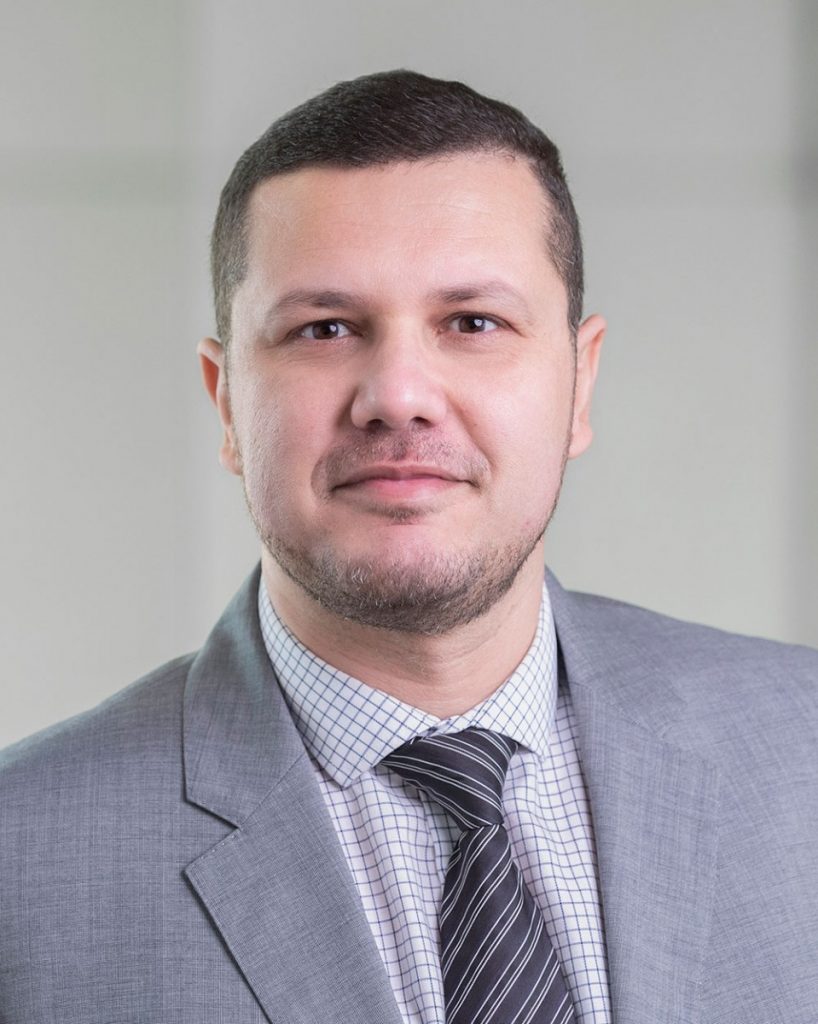 Dr Tamir Abdelrahman |
The proof is in the pudding: a remarkable 112,733 PCR analyses were performed by the Virology service in 2020 alone. But also qualitatively, the entire department’s response to the pandemic set an example even outside of our borders, as Head of Department Dr Tamir Abdelrahman explains: “From the very beginning, we were involved in all national activities in the fight against Covid-19. We have also participated in numerous national and international research projects since the outbreak of the pandemic. Thus, we are making a very concrete contribution to people’s health and helping to put Luxembourg on the international research map.” |
Both in terms of day-to-day tasks and research activities, the microbiologists of the three services are continuing a process that was well engaged in 2017. In the winter of 2017/2018, virologists achieved record results in the framework of their activities as National Reference Laboratory for Influenza.
Between 2017 and 2019, the bacteriology, mycology, antibiotic resistance and hospital hygiene service developed several molecular methods, explains Head of Service Dr Monique Perrin: “PCR 16S, PCR 18S, hsp65, WGS (Whole genome sequencing) are now routinely used. Besides we made mycology an activity focused on diagnosis and expertise. Furthermore, the service was strongly involved in the launch of the Plan National Antibiotiques (PNA) by setting up the ABR Platform intended to centralise all the country’s antimicrobial resistance data in a One Health approach. Finally, as the first accredited lab in the department, it has achieved 90% accreditation by 2021.”
During the same time, the EPIGEM service has been a pioneer in real-time WGS for food-borne pathogens and has successfully led European projects such as CAMPYLOMIC and EM-BRACE. With all these competences, microbiologists are looking forward to the nomination as a reference laboratory for mycobacteria, for mycology, for antibiotic resistance and for foodborne pathogens.
Tackling upcoming tasks with passion and patience
Friedrich Mühlschlegel sees what has been achieved in ‘his’ first five years primarily as a joint achievement of the entire LNS team, which has fully accepted the challenges of everyday life and change: “Our team members in all departments and at all levels have of course been particularly challenged in the past two years of the pandemic. Even more remarkable, however, is the willingness to embrace the new in general, and to actively contribute to transforming the LNS from a good organisation to an excellent one. Passion and patience of the whole team have led to the fact that we are now perceived as an essential pillar of the Luxembourg health system and have put ourselves in an ideal position for the years to come.”
Training talent and retaining proven experts in Luxembourg
In these coming years, the focus will continue to be on the interaction between people and technology: “Technologies and meta-trends such as personalised medicine, increased clinical outreach, definition of synergies between hospital laboratories will shape and change healthcare in the coming years. Of course, we want to continue to play a leading role in this, although human expertise is needed as well as machines. Against this backdrop, the LNS should seek to increasingly become one of the central players in the training of medical professionals at the University of Luxembourg and consistently expand the existing research activities. In this context, it is planned to continue to bring international experts from the various disciplines to Luxembourg. Only if we train talent and retain experienced specialists on a permanent basis can we continue to fulfill our recognised role as a laboratory of excellence, practical innovation actor and scientifically oriented institution in the sense of the country and its people.